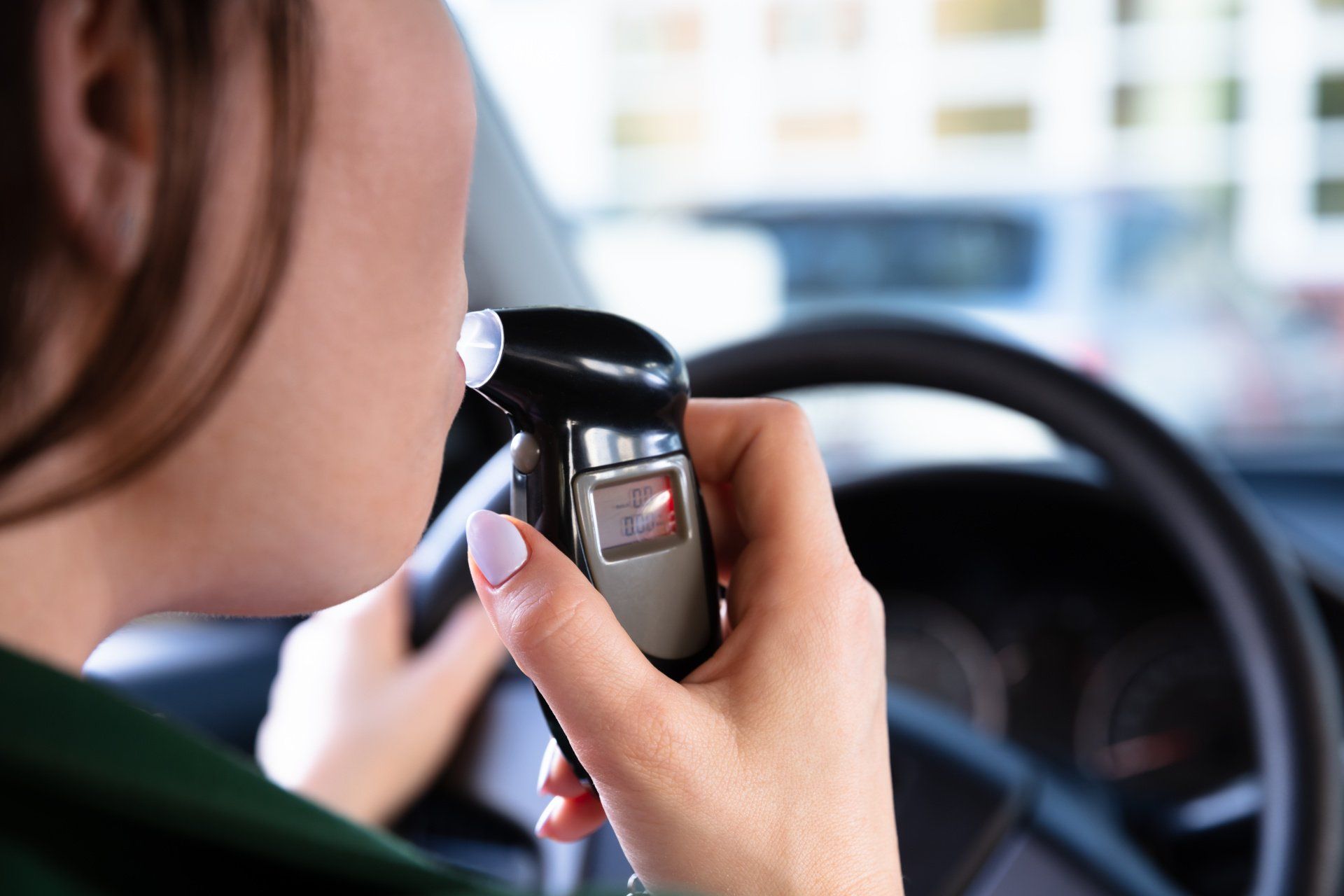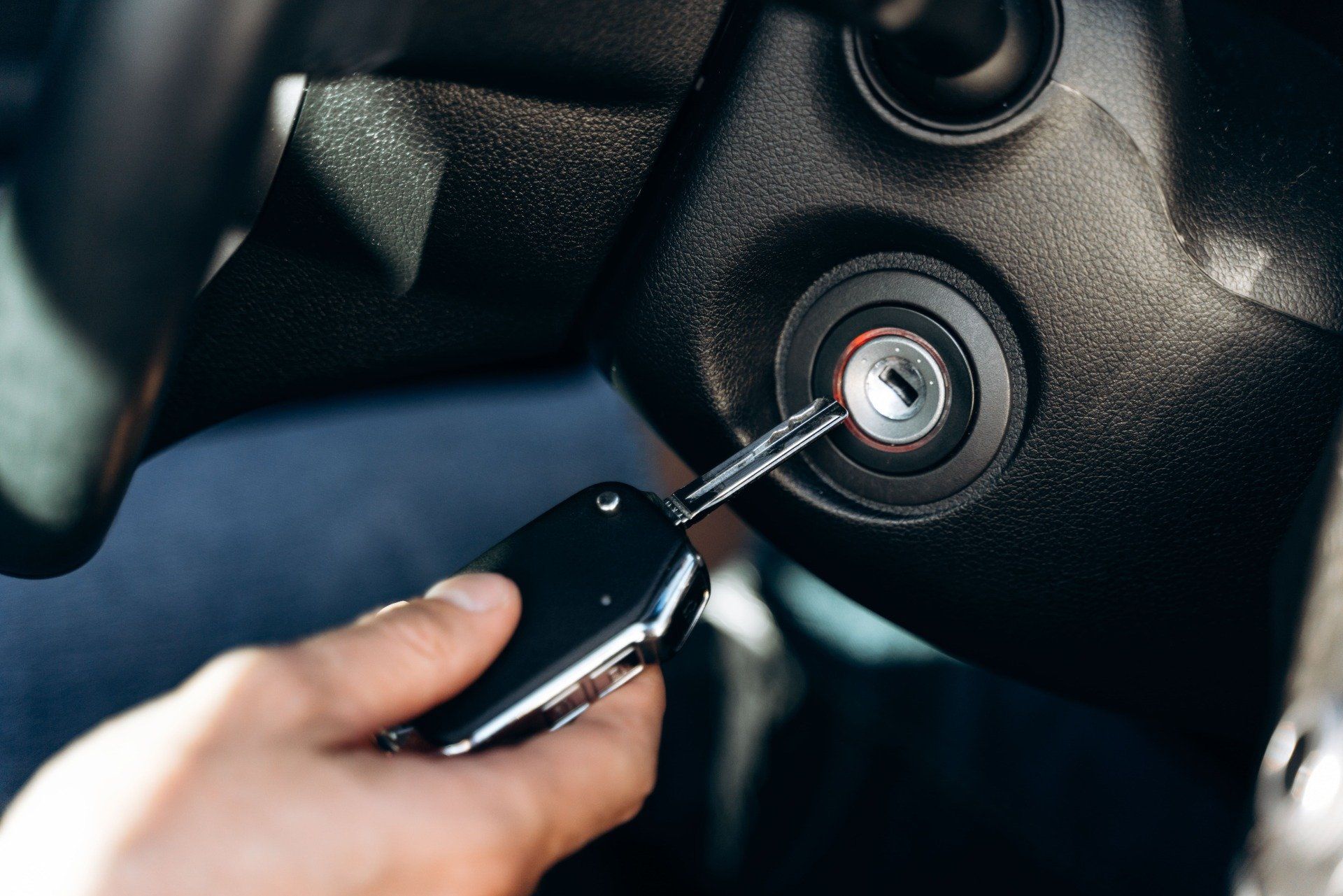After a Connecticut DUI, the court may require you to install an ignition interlock device, or IID, in your vehicle. An IID can make it possible for you to get back on the road despite a DUI conviction, rather than having your license suspended altogether. However, many people have a number of questions about those devices and how they may impact them.
What Is an Ignition Interlock Device (IID)?
An ignition interlock device is a device installed in your vehicle that measures your blood alcohol content, based on a breath test, before the vehicle will start. You will have to install an IID on any vehicle owned and operated by you for the duration of the sentence issued by the court. It will have to be calibrated approximately every 25-30 days.
Why Do I Need an Ignition Interlock Device (IID)?
An ignition interlock device is usually issued after either a drinking and driving incident or a case in which you were suspected of drinking and driving, but refused to submit to a chemical alcohol test. An IID prevents you from driving after drinking. Furthermore, you may be prompted to randomly take another breath test while driving. If your blood alcohol level is high on a second test, the vehicle will no longer operate. The state requires IIDs to prevent drivers from future driving while intoxicated incidents.
Who Pays for My Ignition Interlock Device (IID)?
You will have to pay a fee to have the ignition interlock device installed in your vehicle as well as any repairs or maintenance to the device. You may also have to pay a fee to have your license reinstated after installation.
At The Law Offices of Pat Brown, we help clients who have been accused of driving while intoxicated fight those claims and protect their freedoms. Contact us today to learn more about how we can help with your DUI case.













